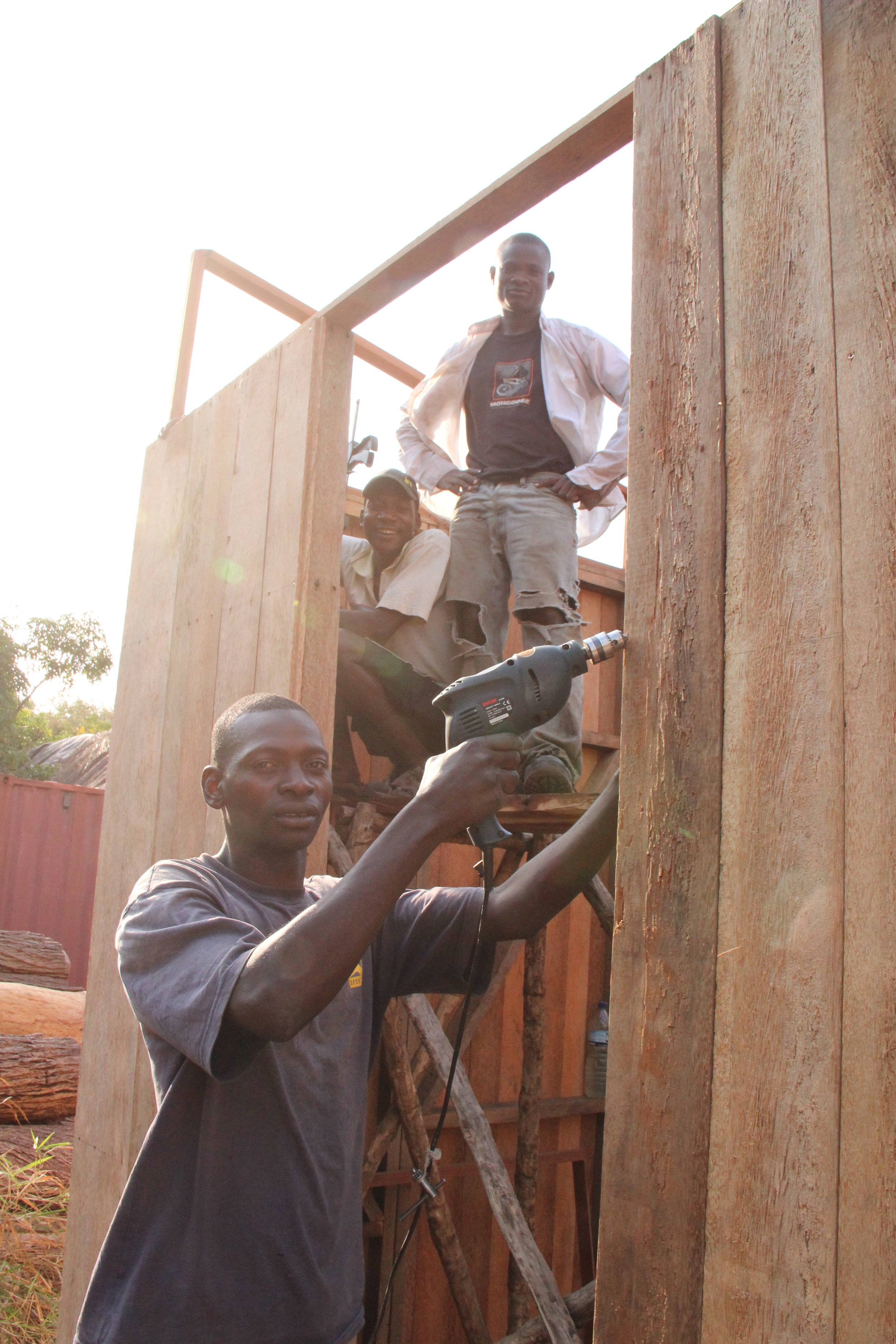São Antonio Coconut School (SACS)
Location: Nova Sofala, Buzi District, Sofala, Mozambique
Project Partners: Mezimbite Forest Centre, EsMaBaMa
Start Date: July 2013
Project overview
The São Antonio Coconut School (SACS) was established in 2013 to train and employ local community members in the sustainable use of coconut palms. The project focuses on producing high-quality furniture, building materials, and virgin cold-pressed coconut oil while supporting efforts to restore coconut plantations and introduce diverse agroforestry systems.
Guided by principles of intelligent design and grounded knowledge, SACS creates sustainable economic pathways for local stakeholders while restoring productive landscapes. It demonstrates how environmental challenges can be transformed into lasting opportunities by designing with nature and investing in local communities.
Background
The coasts of Central Mozambique are synonymous with coconut plantations, many established during the Portuguese colonial era. In the early 1990’s, an outbreak of Lethal Yellowing disease rendered many of these plantations moribund and unproductive. While coconut production declined, the older palms retained value as a resource for palm wood.
To harness this potential, the São Antonio Coconut School (SACS) was established at the heart of a 350-hectare coconut grove, surrounding the São Antonio de Barada mission and seven neighbouring communities. With leadership from Allan Schwarz, founder of the Mezimbite Forest Centre, and support from Reseed Indico, the project focused on transforming these unproductive palms into quality furniture and building materials. The revenue from these products provided the foundation for the development of nurseries for reestablishing coconut plantations and agroforestry systems.
Over time, the project has expanded to include the production of virgin cold-pressed coconut oil for sale into export markets. It also continues to explore new approaches to reestablishing coconut palms and other locally suitable tree crops.
The project has not been without its challenges, with Mozambique becoming increasingly vulnerable to the impacts of climate change. The country has been hit with more category 4 cyclones in recent years than in the past 50 years combined, including in 2019, when the Barada coconut plantation was severely damaged by Cyclone Idai. By demonstrating how local resources can be used to create infrastructure with appropriate technologies, the project is tackling climate challenges and increasing climate resilience in the most direct way possible.










